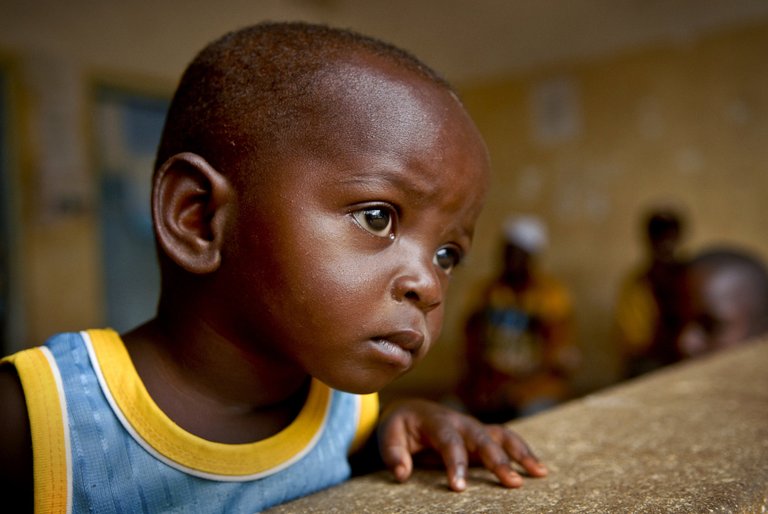
For mnay years now, many groups including governments all over the world have been at the frontline of women's and girls empowerment; closing the gender gap in education, work, leadership and human rights. This movement has no doubt created tremendous strides, providing women access to opportunities previously denied them.
The empowerment of women has also led to economic growth, social stability and better living standards worldwide. But as we continue to advocate for gender equality, we also need to ask ourselves an important question: Where is the boy child in this new narrative? Does he also require uplifting or has all the attention turned to women?

While the empowerment of the girl child will forever be important, it can’t be denied that boys are struggling with their own set of issues in this day and age as well. Most advocacy has focused on women’s rights, and as a result, many of the boys’ battles are sidelined. Topics such as mental health, educational attainment, socialization struggles, and pressures to behave traditionally masculine all affect boys' growth immensely.
For example, statistics in several countries indicate that boys are lagging behind in education and have lower graduation rates than girls. Cultural beliefs and values also make it hard for many young men to show feelings, resulting in growing number of depression trends and even the suicide path. In addition, a lot of boys do not have good male role models while they are growing up, and that can interfere with their personal and professional development.

These are challenges that imply -- empowerment of boys very equally to girls, equally girls to boys, because they deserve the same support to thrive.
Empowerment should not be about being better than the other gender. It is the balance that there is a struggle of both and justice should be given to both genders. Educational programs should be designed to help boys with their uniquely male challenges, creating mentorship opportunities and ultimately allowing boys to be directed toward success in life.
As a society, we should encourage men to talk about mental health, going against the stigma that exists for male emotional expressiveness. Furthermore, policies and initiatives must be comprehensive and encompass boys, so they are not sacrificed on the altar of the drive for gender equity.
Finally, the empowerment of women and girls have been a pivotal and enacting movement across the globe- which has truly been a requisite to ‘be all that you can be’ and leave an indelible mark. The most progressive society is one in which both men and women are empowered, nurtured and provided with the means to achieve their maximum potential. Empowerment of gender as competition must end, and a new world where no one is left behind is needed.
